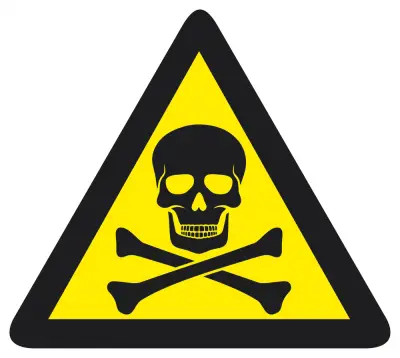Masculinity Isn’t Toxic

Culture is a weird thing. Culture changes. It’s different across the world, but the idea of culture is permanent. It’s inherent. Culture is something we do, us humans. Culture is basically whatever is deemed socially acceptable by a particular society. Therefore, it’s subject to change, as what becomes acceptable changes over time, both very quickly and in long, drawn out phases. That being said, cultural changes always appear to be sudden and reactive, because the change will always happen “overnight”. A good example of this would be Irish society’s views on marriage equality. It would appear that this cultural shift happened within a very short period of time, but it didn’t. The equality movement had been happening for decades, but only became a mainstream idea very recently and so, it appears as though this cultural change in attitude toward marriage equality was sudden, but it was not.
That’s just some background information, and an example. The real reason I’m writing this is to investigate why it seems like this idea of “toxic masculinity” has suddenly become a very real part of Western culture. Again, I say suddenly here because it feels sudden, but this idea of toxic masculinity has been festering for quite some time but only recently (Again) became a main stream concept. With the influence of social media, and ad campaigns (Like Gillette) toxic masculinity is a topically phrase used everywhere. In 2018, Oxford Dictionary even chose toxic as their Word Of the Year. “Toxic” is hot right now.
In its definition, the idea of toxic masculinity is very much a good thing for society. It singles out (usually) male behaviours which are universally negative such as rape, violence, locker-room talk etc. I don’t have an issue with trying to eradicate these behaviours, that’s obviously a good thing. What I do have an issue with is word association. In linguistic terms, word-association is a powerful way of linking two ideas together sub-consciously so that when a person hears one word, they instinctively think of the other.
Some male behaviours are bad. Also, some female behaviours are bad. This is life. However, when we use the term “toxic masculinity”, we begin to subconsciously associate masculinity with toxicity, and this is not good. This is sure-fire way to begin associating negativity to all masculine traits. You can already see it happening. If you’re a man, who doesn’t rape or be violent, or generally be a prick, you’re still somehow on the back foot simply for being a man. The heavy emphasis on masculinity being toxic has led to the implicit belief that being a man is generally a bad thing. Generalising masculinity in such a way leads to resentment, which restricts the pathway towards pure equality, whatever that may be.
In our current culture climate, we have a tendency to nit-pick, blame, and group based entirely on fabricated identity differences (I mean fabricated here, not as something that isn’t real, but rather something that isn’t necessary). If we continue on this trajectory, we won’t get closer to equality, we’ll get further and further away. Men and women are different. That’s a biological fact. The idea that we can somehow treat both the exact same and call it fair doesn’t make sense. It’s not fair to tell a woman what to do with her own body. It’s also not fair to demonize all men because some men are shit.